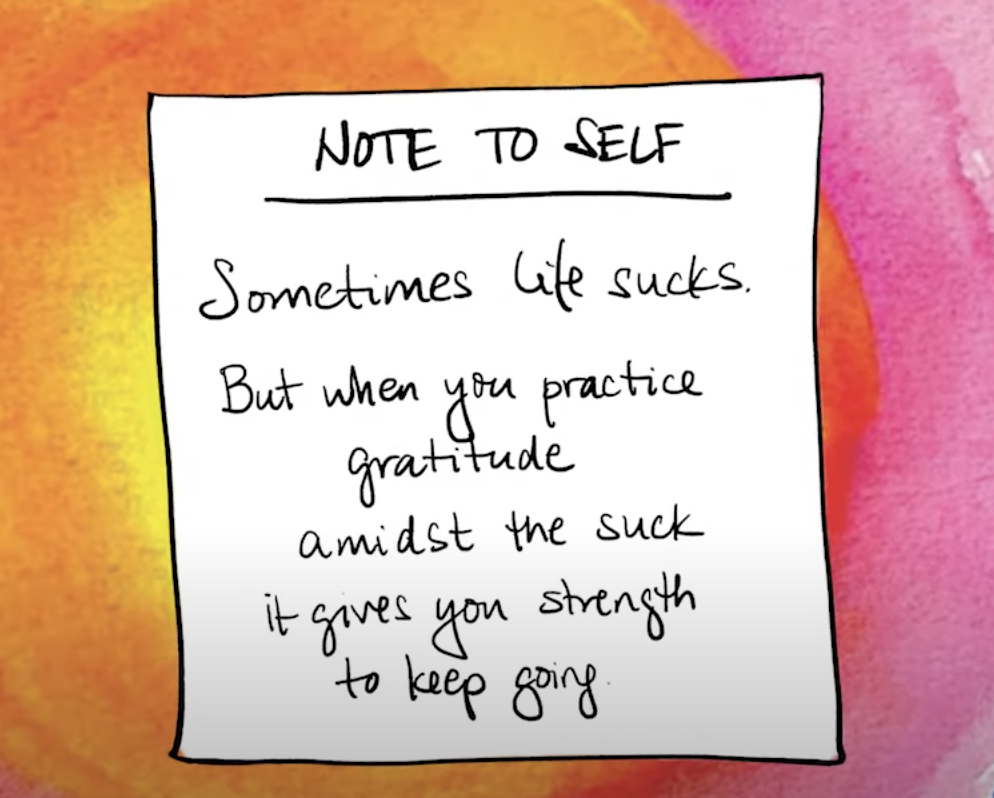Practicing Gratitude: For Yourself
Actively and openly expressing gratitude to the people in your life that you are grateful for can have a profound impact on your mental health, wellbeing, and perspective! Naturally, most of us express gratitude not for ourselves, but for others — however, it’s still important to understand how valuable it can be for us (since the impact our gratitude has on others is pretty obviously awesome!).
Consistent, intentional expression of gratitude can make you happier.
A research study done by psychologist Dr. Robert A. Emmons of the University of California, Davis, and psychologist Dr. Michael E. McCullough of the University of Miami showed that people who wrote about things they were grateful for at the end of each week felt more optimistic about their lives, in comparison to those who journaled with no positive or negative intention as well as those who wrote about the irritating events of the week. Those who wrote down their gratitude also exercised more and reported less doctors visits!
Nataly Kogan, a leading expert on emotional fitness and well-being, talks about gratitude often as a tool for overcoming the “negativity bias”. She is living proof that gratitude can truly turn your life around — and more importantly, turn your perspective on life around. Watch her brief video here to understand more.
@natalykogan via Instagram
Through a plethora of experimental evidence, gratitude has been shown to improve aspects of physical health across the board, including sleep, blood pressure, stress levels, and more. And when it comes to mental health, studies have seen results such as improved patience, self-confidence, and forgiveness. Read this list to understand the full benefit of intentional, frequent gratitude practice!





